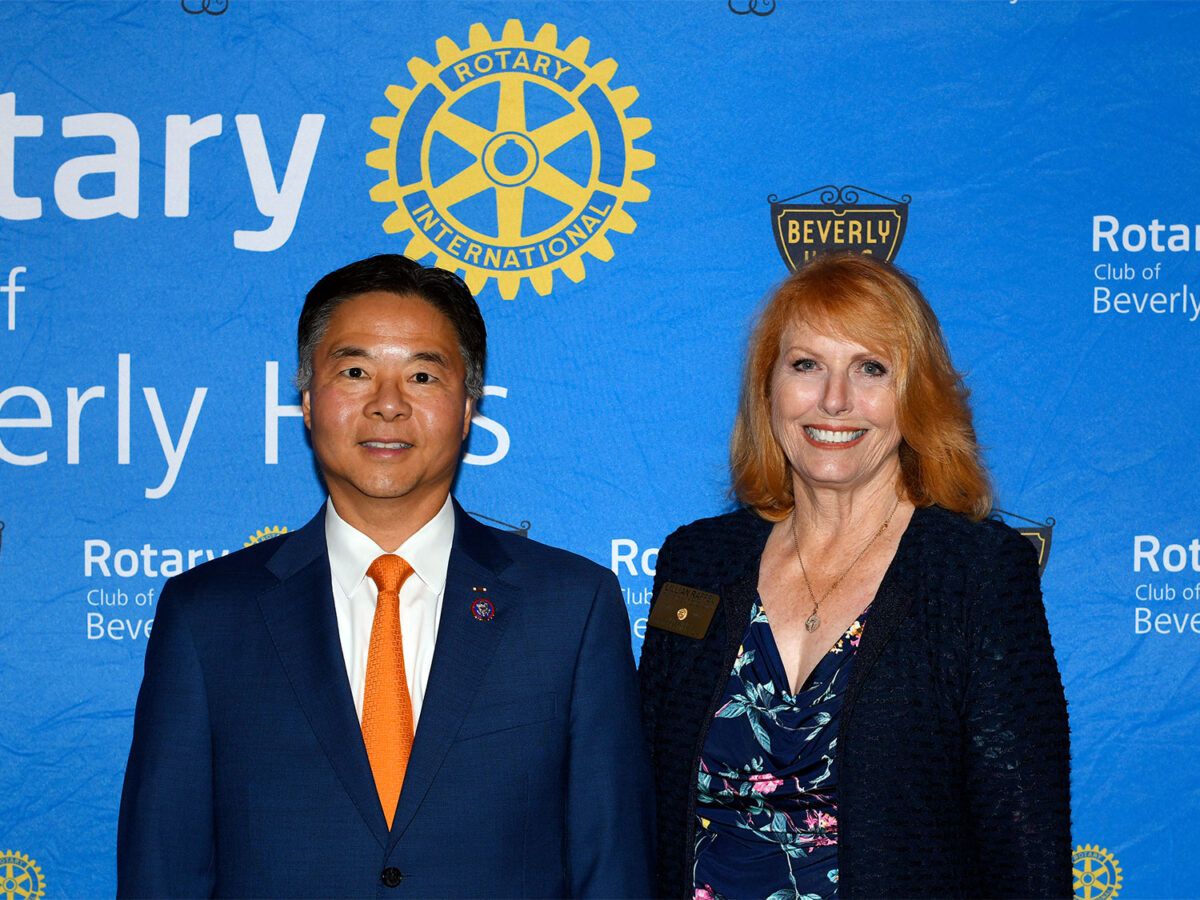At its Sep. 12 adjourned Study Session, the Beverly Hills City Council unanimously agreed to explore the possibility of expanding into the metaverse. Thought to be the next evolution of the internet, the metaverse integrates physical and digital experiences and allows people to interact using technologies like 3D computing, augmented reality, virtual reality and blockchain. In the immersive virtual world, users can attend virtual events, explore cities, and purchase non downloadable virtual footwear, clothing, and accessories. While the City Attorney’s office filed a Class 41 Trademark application in June to protect the use of the city shield in the metaverse, Mayor Lili Bosse requested that the Council consider Beverly Hills entering the metaverse.
“Whether we like it or not the metaverse is here and will continue to be here,” Mayor Bosse said. “I want to make sure that we really protect our community, protect Beverly Hills, and use it as a way to really tell our story.”
According to Travis Cloyd of Worldwide XR, an entertainment technology and digital agency, Santa Monica was the first city in the country to enter the metaverse by offering a virtual way to experience its downtown district through FlickPlay, a metaverse social app company. Users can explore an interactive map of the city and collect tokens, which can then be used to unlock digital experiences in the app or redeemed for physical items at retailers in the city.
“Look at these Metaverse ecosystems as trailers driving more foot traffic and more awareness,” Cloyd said. “For example, I can text message somebody anywhere in the world, and they get a snippet. They get a chance to go step in the virtual space for only a small, limited time. We’re hoping that that can drive them to physically come in here.”
To partake and create content in the metaverse, the city would have to buy digital parcels of space in the metaverse using cryptocurrencies. After using cryptocurrencies to acquire digital parcels of real estate in a metaverse ecosystem, the city would be able build a virtual replica of City Hall or Rodeo Drive. In the metaverse, users can purchase virtual property, goods, services, or nonfungible tokens (NFTs) and pay for them with cryptocurrency.
“I absolutely would support looking at this as a way to promote the city, not as a new lifestyle,” Councilmember John Mirisch said. “But it’s a form of recreation. People are spending time there and can we reach them there? I think we should look at it more as a billboard than as speculative real estate.”
However, Mirisch opposed doing anything that would require the city to use cryptocurrencies, and suggested the city do a cost benefit analysis. “Unless they develop cryptocurrencies that are carbon neutral, I’d say staying away from anything involving cryptocurrency is a must,” Mirisch said.
While referred to as the “wild west,” the city hopes to explore opportunities in the metaverse that utilize augmented reality to support tourism and the local economy. “I think there’s so many advantages to what this can do for our city,” Mayor Bosse said. “It can be a promotional tool. It can be an informational tool. We’re always looking at new ways of communicating with our residents and with those who don’t live in our city as well.”
Bosse indicated that she and Vice Mayor Julian Gold would be in future liaison meetings to explore the metaverse for the city before bringing it back to the council. “I think it’s important that we protect the brand of our city as well and we also use this as an opportunity,” Mayor Bosse added.
“If we could use this as an educational tool for our residents and others, I think that’s great,” Vice Mayor Gold said. “If we can create avatars that help people through the planning process, I think that’s great.”




